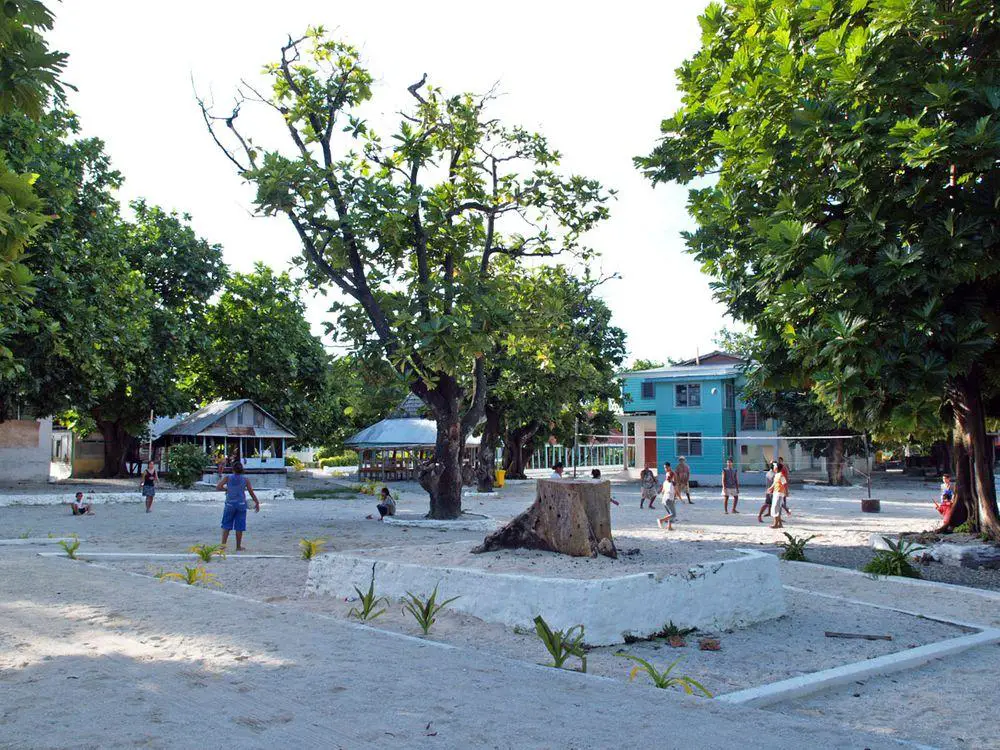Wondermondo 🢖 World 🢖 Wonders of Australia and Oceania 🢖 Wonders of Polynesia 🢖 Wonders of Tokelau
Territory
Wonders of Tokelau

 Highlights
Highlights
There is not much to tell about landmarks and specific attractions in Tokelau.
These three atolls consist of low-lying islands. On Atafu atoll lives endemic click-beetle Alaus constrictus, on atolls has been found also freshwater ostracod Tungucypridopsis lairdi which is not known outside these islands.
People have lived here approximately for 1,000 years – remnants of older settlements are found mostly in the sites of current settlements.
In Fakaofo village there was a 5.5 m tall coral slab that personified the primary deity of Tokelauans – Tui Tokelau. It was a centerpiece of yearly festivities. A smaller replica of this monument stands in the meeting house of Fakaofo today.
The fourth atoll – Swains Island – is part of the Tokelau cultural realm but politically it is a part of American Samoa.
Map with the described wonders
Please add some markers to your posts before using this shortcode.
 Recommended books
Recommended books
Treasure Islands: Sailing the South Seas in the Wake of Fanny and Robert Louis Stevenson
This is the story of two resourceful women. The one, psychologist and wife of Billy Connolly, Pamela Stephenson—the other, Fanny Stevenson, intrepid wife of Robert Louis. Both married to maverick Scots, both in search of adventure, both drawn to the coral islands, lagoons, natives, and customs of the South Seas. A love of Joseph Conrad, a desire to escape the travails of an LA lifestyle, and a fascination with Fanny all inspired Pamela’s voyage to the other side of the world. Her encounters with the perils of the sea, the islanders, and latter-day pirates all make for marvelous reading—travel, adventure, history, and biography all rolled into one.
Polynesia, 900–1600
This book provides a concise overview of the history of Polynesia, focusing on New Zealand and its outlying islands, during the period 900–1600. It provides a thematic examination of Polynesia to avoid placing the region’s history into an inaccurate, linear Western chronology. The themes of movement and migration, adaptation and change, and development and expansion offer the optimal means of understanding Polynesia during this time.


